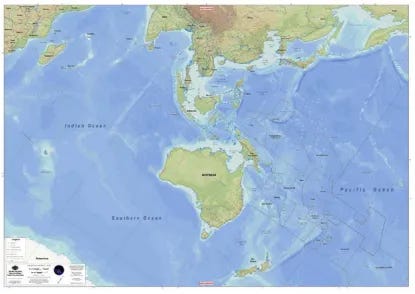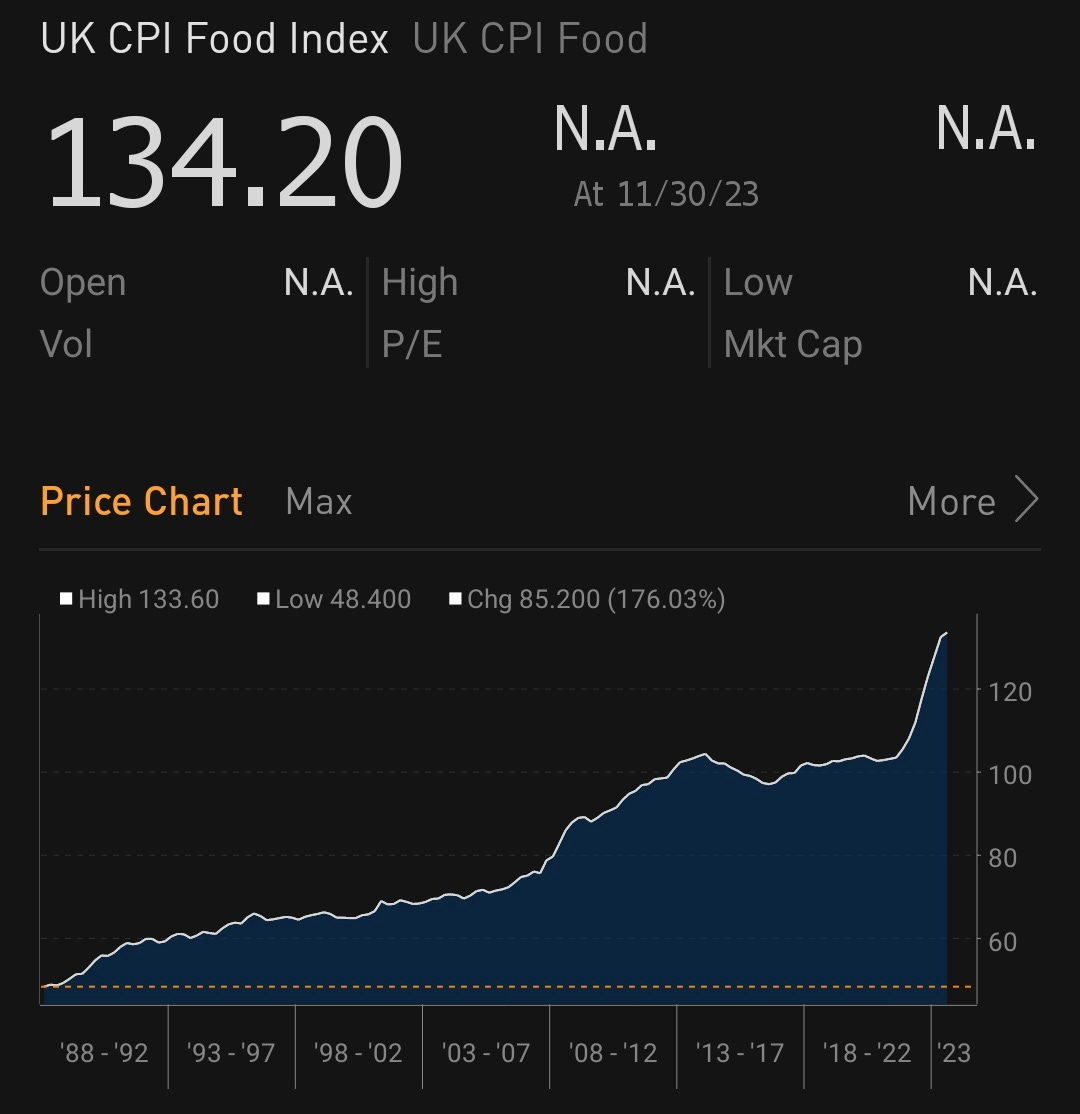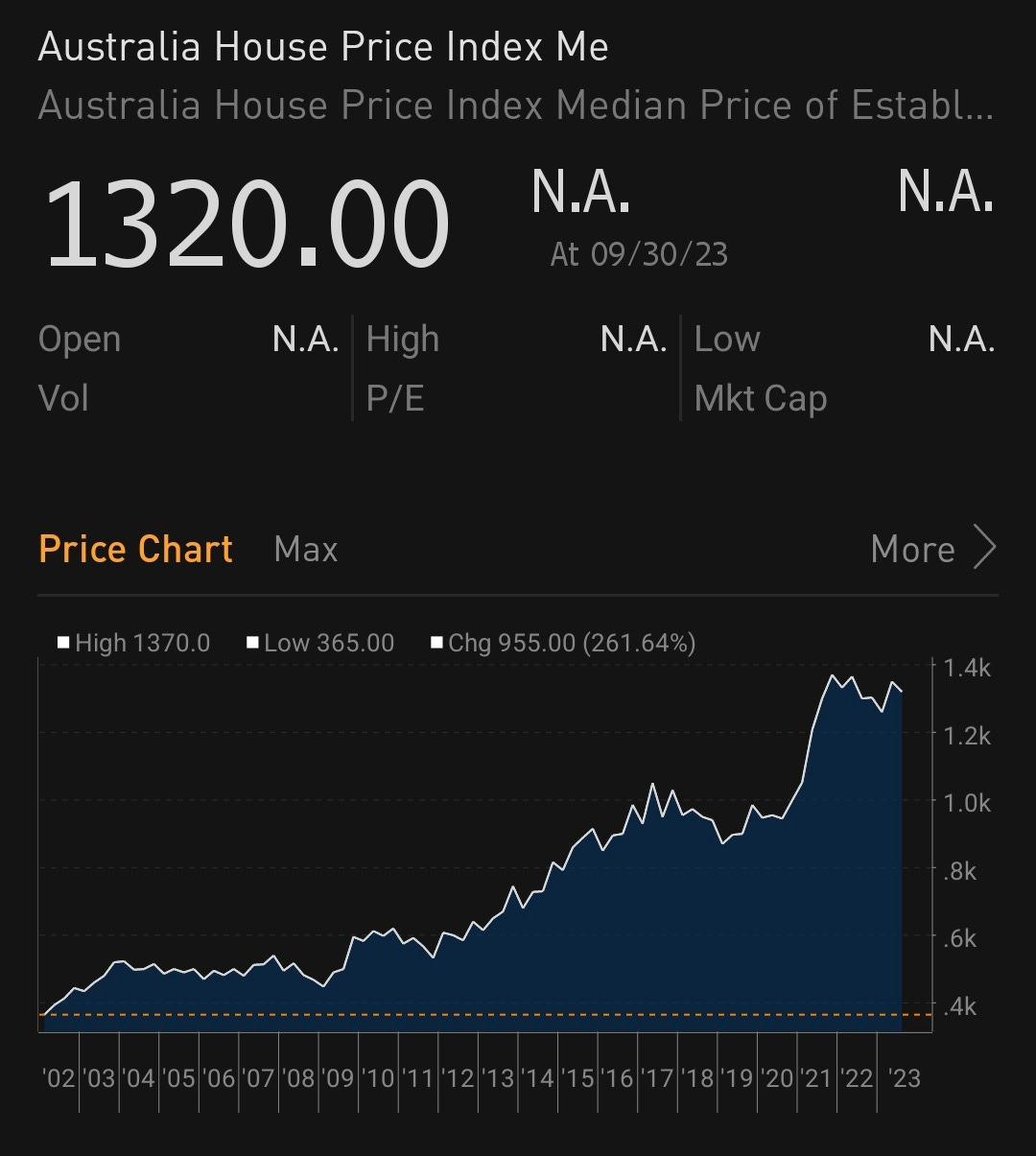Australia, the “Brazil” of cricket, is a fascinating nation. It was not too long ago when Australia was a number one short across the macro hedge fund world. Australia was, and remains, a significant commodity exporter. A reliance on China economically, while relying on the US militarily always seemed a political paradox that needed to be resolved. The resolution phase of this paradox has begun, with both China and Australia trying to reduce economic contacts, while Australia has signed up to a hugely expensive military pact - AUKUS. I have published my severe doubts about the AUKUS strategy of building nuclear submarines in Australia here. The biggest issue for me is that Australia is not really threatened by China. As we have seen when Russia tried to invade a neighbouring country with a long land border, invasions are difficult. China would not only have to pass through a number of nations, most of the Australian population is protected by the vast desert that is central Australia. New Zealand is even more distant, and is the reason why billionaires buy bunkers there. Why do we need nuclear submarines at a cost of 50% of the defence budget for decades?
Nethertheless, Australia seemed like a perfect short play for the inevitable end to China’s construction boom. Weirdly, the Chinese construction boom ended, but without commodity prices tanking. This could be one reason why a disconnect between Australia Dollar and commodity prices has opened up.
This has led to the biggest macro change in Australia. It no longer runs a structural current account deficit. These days a surplus is more likely than deficit.
So in that context, Australia is an example of the changing nature of markets. In a free market era, the Aussie dollar would move closely with commodity prices, but in the “political era” that began in 2016, its moves in a very different way. So with these changes in mind, I have come to Australia on family trip - but I am very interested in what changes I can see in my homeland. When I was last here in 2019, Australia had become very expensive. Despite being a significant agricultural exporter, it was very noticeable that groceries and food were much more expensive in Australia than in the UK, a food importer. Even though Australia had what seemed like expensive food to start with, it has also seen food inflation spike.
However recent food inflation in the UK has been much more significant. As someone coming from London, Sydney now seems cheaper, despite the food being better quality.
I find food in Australia very reasonable in UK terms, however locals definitely feel like there is no respite to the cost of living crisis. More interestingly is that part of my pro-labour view is that interest rates would need to rise to create financial asset deflation to offset rising wages. This seems to be the case in Australia. Despite record low unemployment, my finance friends report a slow labour market, with all the jobs at the more blue collar end of the market.
The problem is that even thought the RBA has raised interest rates from 0 to 4.25% it has had little effect on house prices, which remain at near all time highs.
In a world where politicians are seeking to raise real wages, structural inflation will be much higher than what we are used to. Central banks and markets are pricing in a political world that is gone in my view. When I look at current yields on Australian 10 year bonds at 4.1%, I cannot help but think only a loser would be a buyer at these yields.
Historically speaking, I used to think of Australia as being somewhere between the UK and the US politically. I don’t think that so much. Australia really feels more like an Oceania Scandinavia. Low population density, responsive government, relatively high taxation, but with pretty good public options for things like healthcare or transport. If anything, the UK has drifted further into the US political orbit, where anything free must be socialist, with predictable outcomes in terms of quality of healthcare and infrastructure. Australia has moved in a different direction and for anyone working class, it remains a great place to live - if you can get in. If I am right on the way politics is moving, for working class Australians, things will only get better. For bankers, not so much. But no one cares about bankers anyway.



















